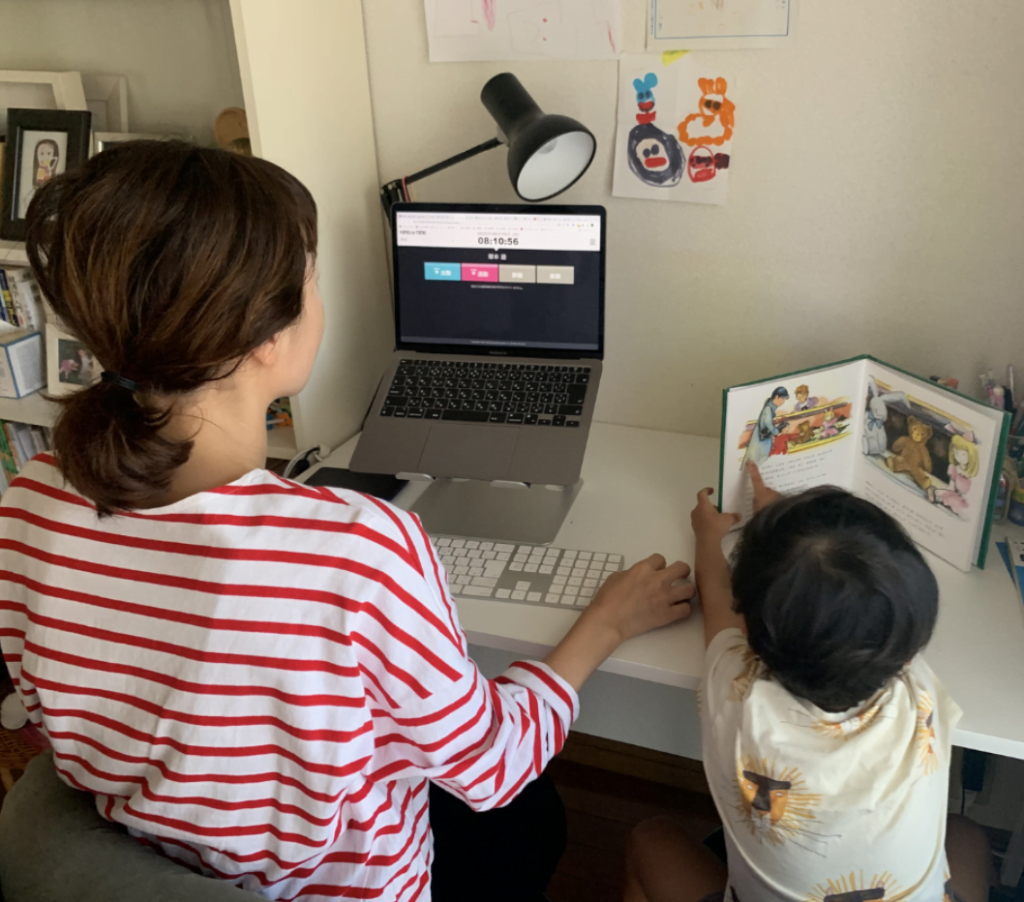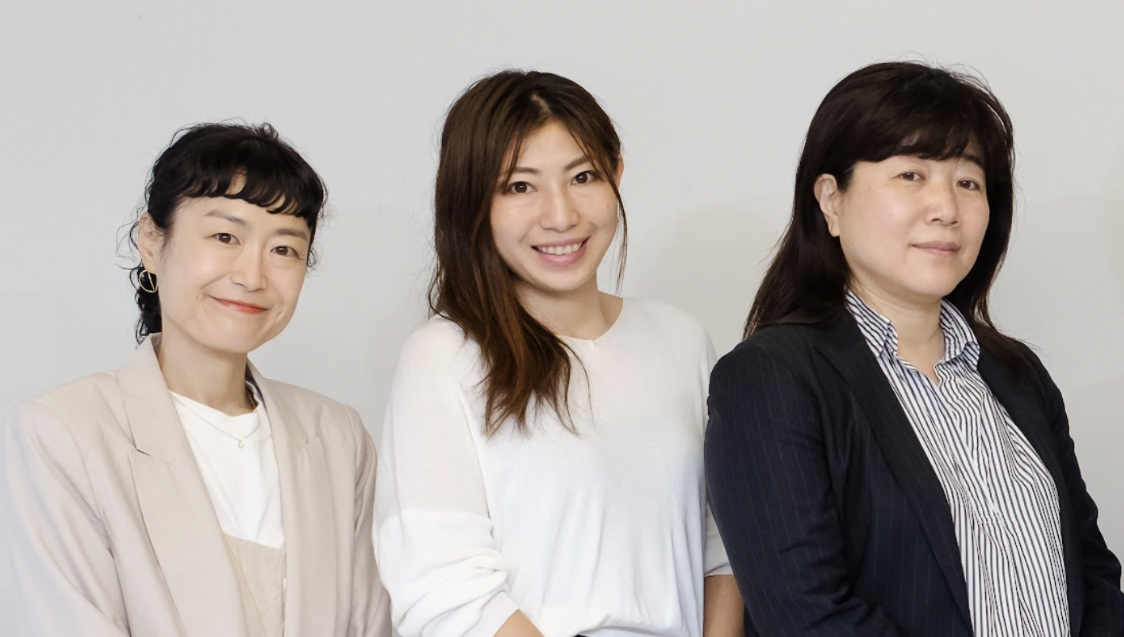Written By: Julia Yong LaFrance
In the 2022 Global Gender Gap Report, gender equality in Japan ranked 116 out of 146 countries surveyed. Moreover, Japan was ranked last out of all G7 nations. Disparities in economic participation and opportunity for women in Japan is of primary importance in this discussion. Moreover, without explicit legislation regarding sexual harassment in the workplace, corporate culture is often a hostile one for women. It has thus become paramount for Japanese companies to implement their initiatives to advance women in the workplace—and keep them there.
Current Legislation
Existing legal frameworks for addressing gender equality in the workplace are lacking. In 1980, the Japanese government passed the Convention on the Elimination of All Forms of Discrimination Against Women (CEDAW). This convention mainly applies to private companies, but workplaces across Japan are still highly unregulated in terms of unfair gender dynamics. Six years later, the Equal Employment Opportunity Law (EEOL) made it so that discriminatory practices in recruiting and hiring processes of employees could be addressed in legal settings. These positive action policies, referred to as pojitibu akushon in Japan, reflect efforts towards the career advancement of female employees. Yet, both the CEDAW and EEOL are today still regarded as guidelines, as opposed to laws. Without the implementation of penalties when such legislation is not respected, many working women in Japan remain at the mercy of their employers.
Further compounding the issue are the increasing numbers of women fulfilling non-regular jobs. These positions are comprised of part-time, temporary, or contracting positions. In fact, 68% of non-regular jobs are held by women. Additionally, women hold a mere 13.3% of all managerial jobs in Japan. A lack of female leadership, in both government and corporate sectors, perpetuates the ongoing discrimination of women in lower positions. In a study of nearly 400 Fortune 500 companies conducted by Catalyst, those with the highest female involvement in senior management teams reflected superior return on equities and returns to shareholders. Yet, Japan’s intense working culture and emphasis on company loyalty is also not compatible with those requiring flexible schedules to balance work and home life. The professional hiatus many women take during the various stages of child-rearing is often a disrupting factor to securing regular positions.
Women in Public Relations
Across the board, current research finds that anywhere from 63 to 73% of positions in the Public Relations industry are held by women. Scholars attribute this gender imbalance to the unique demands of PR—interpersonal communication skills, attention to detail, and prioritization of image. The modern day socialization of women, whether in Japan or elsewhere, often aims to reproduce these very characteristics. Contrary to these findings, the skills of PR experts should not be relegated to a certain gender. Both company leaders and women working within those companies are important stakeholders in this issue. Leaders in PR, regardless of gender, may be inspired to reevaluate current practices and strive towards uplifting women in the workplace. This can occur through incorporating womens’ perspectives in the boardroom and increasing the flexibility of working conditions. Moreover, female PR specialists can take initiative and promote their professional strengths in a proactive manner.
PR and Digital Marketing and Flexible Work
In today’s technological age, PR and Digital Marketing are highly compatible with flexible, remote work. In the wake of the Covid-19 Pandemic, stay-at-home measures necessitated a transition to online working communications. Though in-person proceedings have resumed, ShapeWin’s hybrid work model remains a testament to how the digitization of the industry has benefited those working within it. Indeed, in late 2022, ShapeWin was awarded the Gold Certification (later upgraded to Platinum) for their status as a “White Company” by the Japan Organization for the Promotion of Next-Generation Corporations. It exists as the sole certification system in Japan that holistically reviews a company’s ethical values, business initiatives, and work-life balance. The program recognizes younger companies in Japan for their success, subsequently promoting them into the mainstream. As a White Company, ShapeWin excels in seven designated categories, including work-life balance, job satisfaction, labor law compliance, and diversity and inclusion. More recently, ShapeWin’s status was upgraded from Gold to the Platinum Certification for their continued efforts in these areas.

In many ways, ShapeWin stands apart from the traditional working model of Japanese companies. Female employees at ShapeWin have much to say regarding the company’s commitment to the support and promotion of women. Anna Ikuma, a Digital Marketing Specialist, shared some of her thoughts on ShapeWin’s work environment. She admits, “I have never thought about the fact that I was working as a woman at ShapeWin…many of my colleagues are women and I have the ability to work around my schedule.” From the Administration and HR Department, Yu Tsukamoto comments on her experience as a mother working at ShapeWin. She spoke of how the company is “easy to work at” due to “flexible, chosen working hours…that I can balance with my children’s schedule and spend time with them.” ShapeWin’s lasting commitment to the wellbeing of their female employees is reflected in their recent successes in the PR and digital marketing fields.
National Recognition for Gender Equality
ShapeWin has various programs in place to ensure a healthy, equitable working environment. One of these is their regular study sessions and one-on-one meetings engineered to promote internal skill development and communication among colleagues. In the last few years, ShapeWin has also been officially recognized as a company that promotes the advancement of women by the Japan Women’s Value Training Association. Receiving the Judge’s Award in the corporate category, ShapeWin met extensive criteria including the guarantee of childcare leave systems and multiple female employees holding positions over long periods of time.
Welcoming Foreign Employees
In addition to promoting women, ShapeWin is also committed to diversifying their workforce with foreign employees. While many Japanese companies are wary of hiring foreigners due to potential language barriers and other cultural differences, the merit in incorporating a diverse range of perspectives in the PR industry cannot be overstated. Given that ShapeWin’s consulting and planning services cater to a wide range of audiences beyond Japan, the assistance of foreign colleagues is paramount. Marc Wilkinson, ShapeWin’s Marketing Coordinator, spoke on his experiences as a foreigner at ShapeWin. He contended that “If PR teams cannot communicate on an international level, problems will arise with clients outside of Japan.”
ShapeWin: An Ally to Underrepresented Groups
Reflecting on her own experiences at ShapeWin, Ryoko Sugimoto, a Sales and PR Planner, says, “Women expect to give up their careers at one time or another to raise children. But with ShapeWin, the work fits around the lives of each and every one of our employees, regardless of gender or nationality.”
Indeed, ShapeWin’s PR and Marketing strategies are made stronger with a diverse workforce. In conversation with Yukio Shigetani, a woman fulfilling a central leadership role at ShapeWin’s Tokyo headquarters, she referenced CEO Yusuke Kamimura’s corporate philosophy: “it doesn’t matter if you are a man or woman, Japanese or foreigner…if you can get the work done, that is the most important thing.” When asked what further change she wants to see across the Japanese workforce, Ms. Shigetani called for “the empowerment of women through their participation in leadership roles, and more management roles.”
ShapeWin strives to empower employees facing added societal pressures, whether they be female, foreign, or aligning with other marginalized groups. Our dedication to anti-discrimination practices extends beyond the office as well. We remain committed to forging lasting PR relationships with companies and clients from all walks of life.
